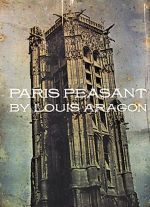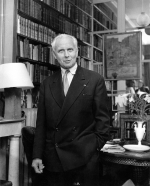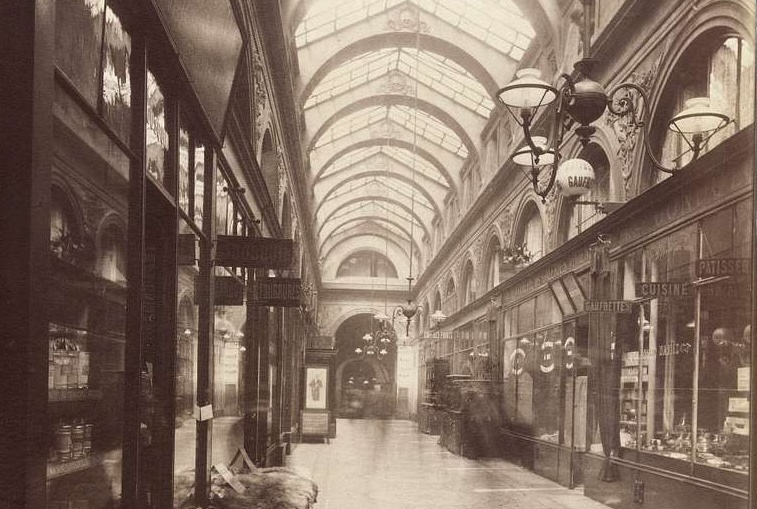 The Book Beat reading group selection for September is Paris Peasant by Louis Aragon. We will meet virtually online via Zoom on Wednesday, September 25 at 7:00 p.m. The Zoom link will be sent on the afternoon of the meeting to anyone interested in attending. Please call or email bookbeatorders@gmail.com to sign up.
The Book Beat reading group selection for September is Paris Peasant by Louis Aragon. We will meet virtually online via Zoom on Wednesday, September 25 at 7:00 p.m. The Zoom link will be sent on the afternoon of the meeting to anyone interested in attending. Please call or email bookbeatorders@gmail.com to sign up.
The Book Beat reading group features international works in translation, and discussions are free and open to the public. Please call (248) 968-1190 for more information.
Books are in stock now and discounted 15%.
Before psychogeography, the Situationists and dream urbanism, there was Paris Peasant, a pioneering Surrealist excavation of the twentieth century’s capital city.
Paris Peasant (1926) is one of the central works of Surrealism, yet Exact Change’s edition is the first U.S. publication of Simon Watson Taylor’s authoritative translation, completed after consultations with the author. Unconventional in form–Aragon consciously avoided recognizable narration or character development–Paris Peasant is, in the author’s words, “a mythology of the modern.” The book uses the city of Paris as a stage or framework, and Aragon interweaves his text with images of related ephemera: café menus, maps, inscriptions on monuments and newspaper clippings. A detailed description of a Parisian arcade (nineteenth-century precursor to the mini-mall) and another of the Buttes-Chaumont park, are among the great set pieces within Aragon’s swirling prose of philosophy, dream and satire. André Breton wrote of this work: “no one could have been a more astute detector of the unwonted in all its forms; no one else could have been carried away by such intoxicating reveries about a sort of secret life of the city….”
“I was seeking… a new kind of novel that would break all the traditional rules governing the writing of fiction… a novel that the critics would be obliged to approach empty-handed.”
— Louis Aragon“I persevered with this project. It opens with Aragon —Le Paysan de Paris. Evenings, lying in bed, I could never read more than two or three pages at a time, for my heartbeat became so strong that I was forced to lay the book down…. the first preliminary sketches for the Arcades originated at that time.”
– Walter Benjamin, letter to Theodor Adorno, 31 May 1935“Image is law in the realm of abstraction, fact in that of happenings, knowledge in that of the concrete. This last premise allows one to come to a judgement and delcare, succinctly, that the image is the path of all knowledge. One is then justified in regarding the image as the resultant of all the mind’s impulses, in ignoring everything that is not image, and in devoting onself exclusively to poetic activity at the expense of all other activity.”
— Louis Aragon, Paris Peasant
 Louis Aragon (1897-1982) was a French poet who was one of the leading voices of the surrealist movement in France.
Louis Aragon (1897-1982) was a French poet who was one of the leading voices of the surrealist movement in France.
He co-founded with André Breton and Philippe Soupault the surrealist review Littérature. He was also a novelist and editor, a long-time member of the Communist Party and a member of the Académie Goncourt. After 1959, he was a frequent nominee for the Nobel Prize in Literature.

